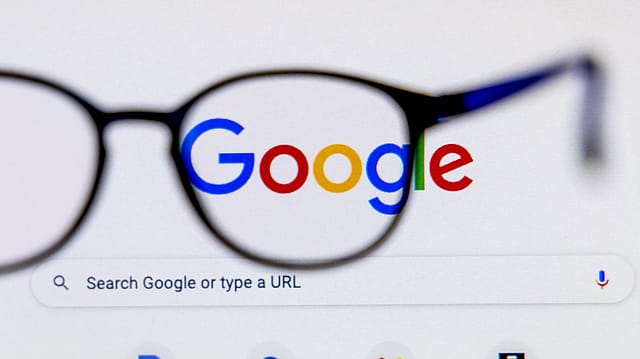Google to delete inactive accounts after 2 years
ADVERTISEMENT

Tech giant Google will start deleting inactive accounts which have not been used or signed into for at least two years starting December 2023.
The Alphabet-owned company updated its inactivity policy for Google accounts to two years to protect users from security threats, like spam, phishing scams and account hijacking.
"If an account hasn't been used for an extended period of time, it is more likely to be compromised. This is because forgotten or unattended accounts often rely on old or re-used passwords that may have been compromised, haven't had two factor authentication set up, and receive fewer security checks by the user," Google says in its latest safety update.
The new policy will not immediately impact users with inactive accounts.
However, starting later this year, Google may delete inactive accounts and their content – including content within Google Workspace (Gmail, Docs, Drive, Meet, Calendar), YouTube and Google Photos.
The policy only applies to personal Google Accounts, and will not affect accounts for organisations like schools or businesses.
Google says it will take a phased approach, starting with accounts that were created and never used again. "Before deleting an account, we will send multiple notifications over the months leading up to deletion, to both the account email address and the recovery email (if one has been provided)," the tech behemoth says.
The search giant's internal analysis shows abandoned accounts are at least 10 times less likely than active accounts to have 2-step-verification set up. According to Google, these accounts are often vulnerable, and once an account is compromised, it can be used for anything from identity theft to a vector for unwanted or even malicious content, like spam.
Google says the security update aligns its policy with industry standards around retention and account deletion and also limits the amount of time Google retains users' unused personal information.
"We are going to roll this out slowly and carefully, with plenty of notice," it says.
The Mountain View, California-headquartered company says the simplest way to keep a Google Account active is to sign-in at least once every two years. "If you have signed into your Google Account or any of our services recently, your account is considered active and will not be deleted," it says.
Activity might include reading or sending an email, using Google Drive, watching a YouTube video, downloading an app on the Google Play Store, using Google Search, using sign in with Google to sign in to a third-party app or service.
"If you have an existing subscription set up through your Google Account, for example to Google One, a news publication or an app, we also consider this account activity and your account will not be impacted," says Google.
Users will need to specifically sign in to Google Photos every two years to be considered active which will ensure your photos and other content are not deleted.